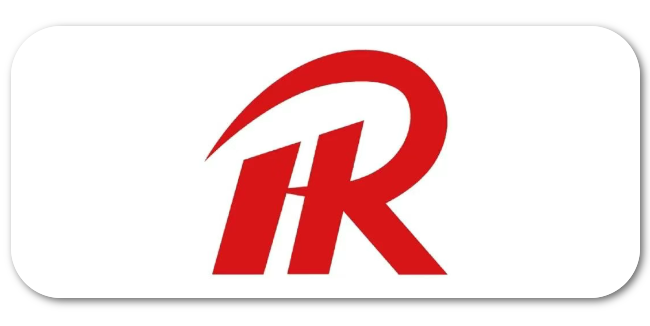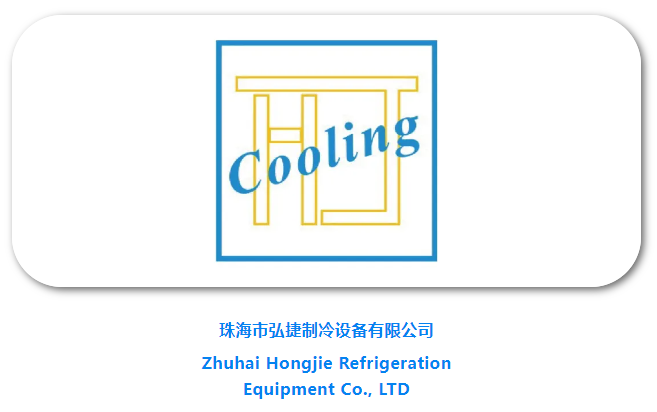Online tools have been developed on behalf of the Kigali Cooling Efficiency Program (K-CEP) to provide contract templates and economic models to expand uptake of service-based cooling
A suite of online tools to assist manufacturers and utilities companies to adopt a Cooling as a Service (CaaS) business model for customers has been published.
The not-for-profit Basel Agency for Sustainable Energy (BASE), which is a partner of the United Nations Environment Programme (UNEP), has published several tools it said will create a template to allow companies to transform how they provide and charge for cooling functions.
Tools provided through the focus have been developed on the behalf of the Kigali Cooling Efficiency Program (K-CEP) to help scale-up both demand and industry acceptance of different models for supplying more efficient cooling.
CaaS is a term used to describe a concept where cooling functions are provided on a per-use basis as opposed to a client or end-user purchasing an air conditioning technology or other solution outright. It is an approach that builds on a concept already widely in use for computing and software provision, with clean cold specialists claiming that the model could help poorer communities and organisations to access more energy efficient cooling.
BASE has provided three tools as part of its initial CaaS support project. These include documentation and guidelines that explain the concept of Cooling as a Service and its potential to eliminate the barriers of up-front investment cost to achieve cleaner cooling.
Another of the tools provided is a template for a contract that has been developed by a range of industry experts to offer a specific CaaS service that can be more easily adapted to local regulations, according to BASE.
An economic modelling function is the other component of the support tools provided. The aim of this model is to help provide help on determining the price for a specific service based on a company’s technical and economic data.
According to BASE, the pricing model used has been developed with assistance from the Global Innovation Lab for Climate Finance. It added that all of the tools have been ‘stress-tested’ against real case studies and projects.
Thomas Motmans, sustainable energy finance specialist with BASE, said development of the tools would provide a sound structure for companies to look at applying a ‘Servitisation model’ to their cooling business.
He added, “Releasing the CaaS contract and pricing model to the market will enable companies to implement Cooling as a Service without the hurdle of having to create these tools from scratch, which can be expensive both in terms of time and cost to these companies.
“We look forward to seeing more real cases taking shape around the world.”






















